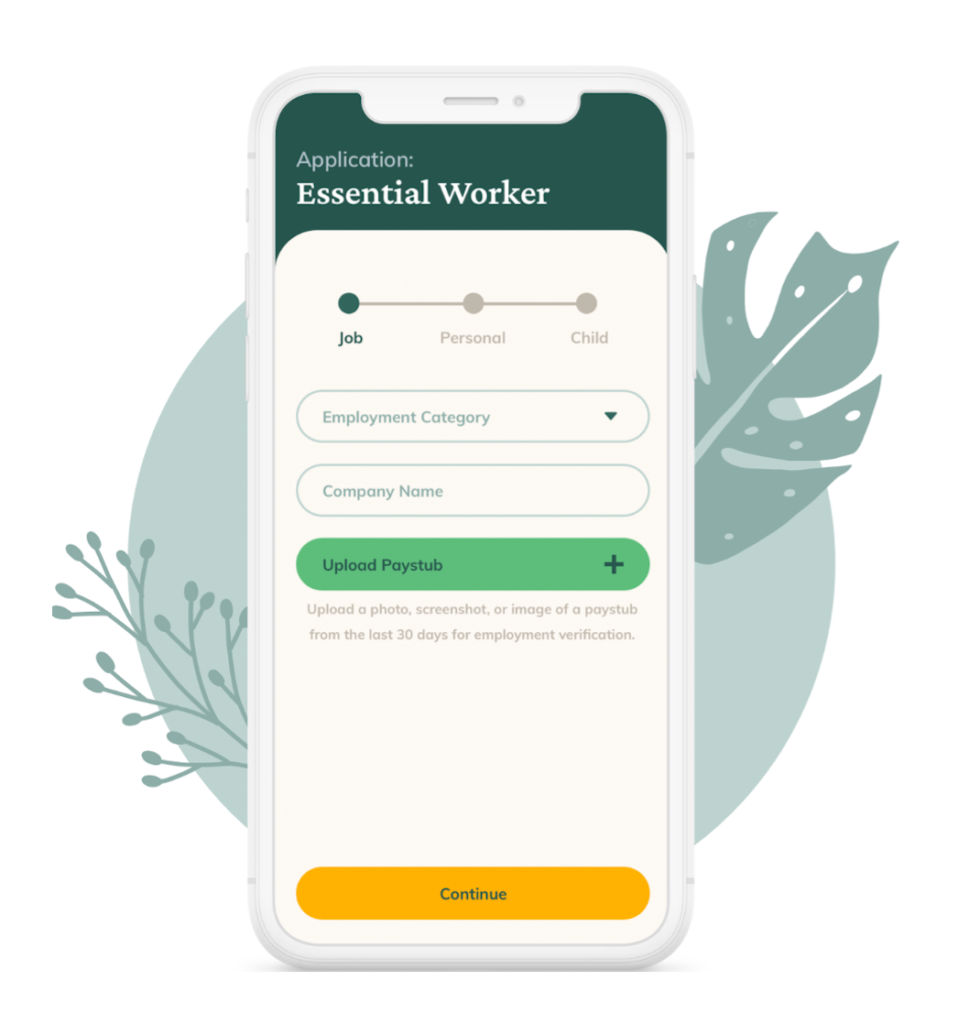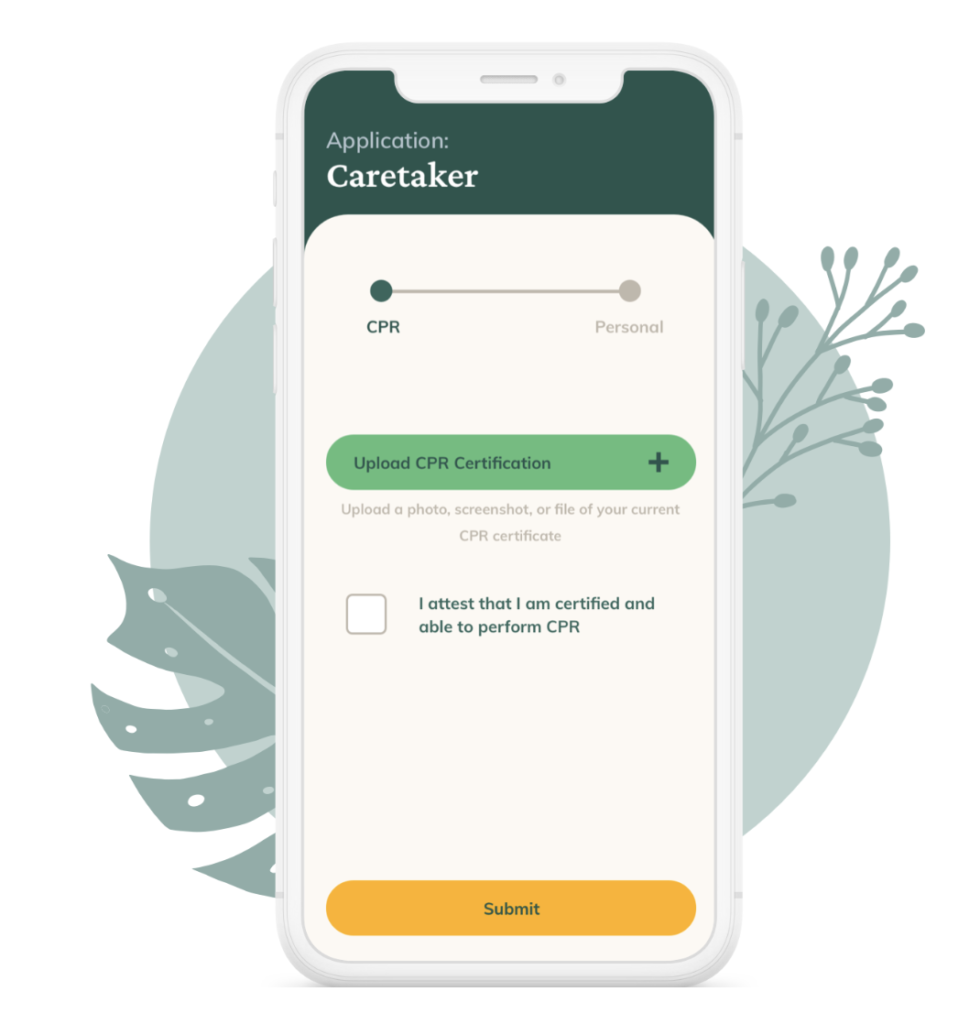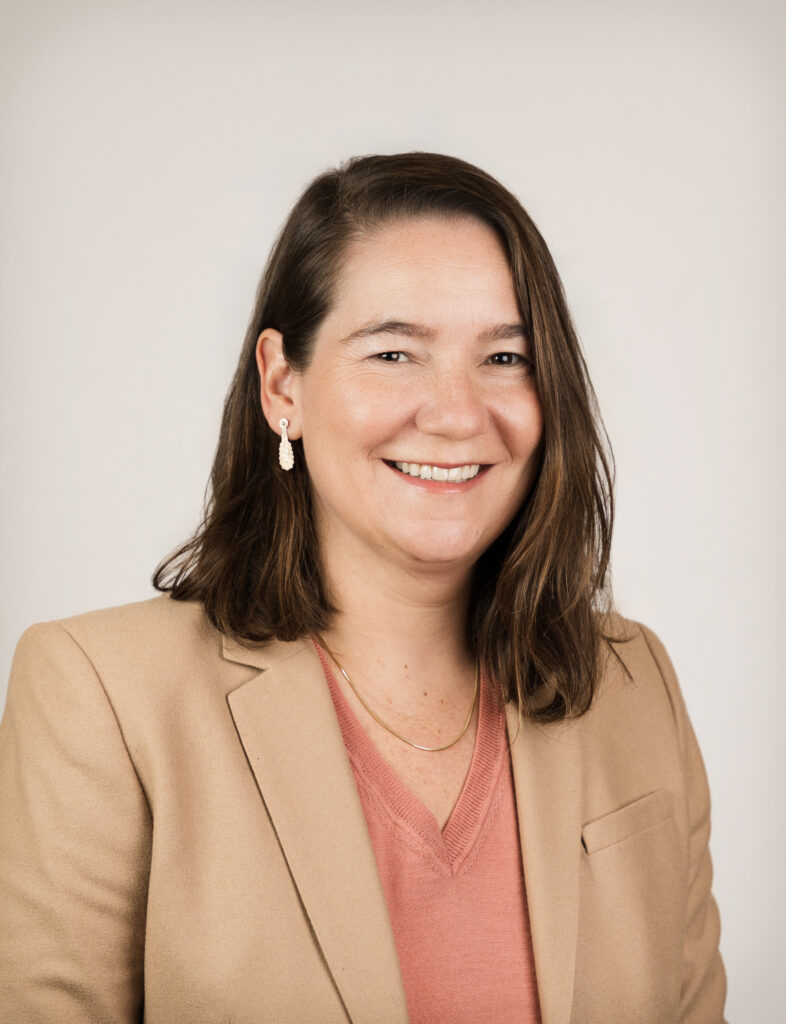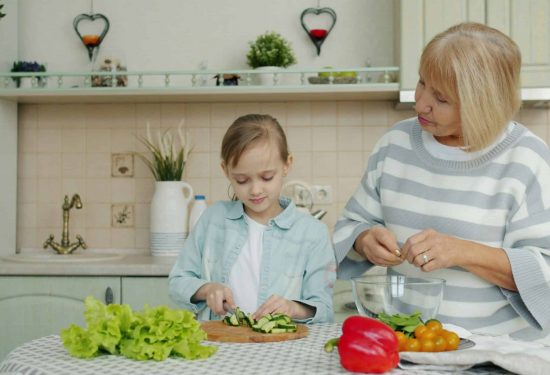Kith.care, a new online platform opens doors for access to quality child care providers.
In Response to the Pandemic, Oklahoma Policymakers Move To Save Child Care
Following the 2014 reauthorization of the federal Child Care and Development Block Grant, subsidized in-home child care (care provided in a child’s own home) in Oklahoma dwindled to fewer than 20 families. The new rules implemented by the state in response to the federal law had significantly reduced state-paid in-home care by eliminating non-relative caregivers (also known as friend and neighbor care) from eligibility. When the pandemic hit in March 2020, Oklahoma policymakers realized that essential workers would need child care, and many child care centers would be closed. The state moved quickly with the support of a local philanthropy to create a way to verify and pay home-based child care providers.
Online Relative Child Care Platform for Essential Workers
In response to the COVID-19 pandemic, Oklahoma Department of Human Services and the George Kaiser Family Foundation built an online platform, Kith.care to support essential workers in qualifying and paying their relatives for in-home child care. The website was created with a local design firm, GitWit, to help essential workers identify their relative caregivers, ensure these caregivers meet safety requirements (background checks and safety training), and compensate them for care provided. As a result, over 550 healthcare workers, firefighters, police, critical state employees and other essential workers have applied and accessed subsidized child care provided by family members in a home setting.


New Features of Kith.care
Borne of necessity, the new platform is creating new possibilities in Oklahoma. This month, the state will partner with the George Kaiser Family Foundation and several community organizations in the Tulsa area to pilot a new use of the tool; the tool will be adapted to support the child care needs of families who reside in identified child care deserts. Thinking ahead, there are conversations on how to use the platform as a monitoring process for in-home care to rebuild a system of safe, accessible family, friend and neighbor care throughout the state.
Home Grown is excited by this tool and the amazing work happening in Oklahoma for many reasons, including:
Commitment to Family, Friend, and Neighbor In-Home Care (FFN)
We know that across the country, family, friend and neighbor (FFN) care is the most common form of child care. The providers who offer this care and parents who rely on this care often do so without financial support and without access to training and resources to ensure care is safe and developmentally appropriate. We are thrilled to see the commitment to supporting FFN care and are excited at the possibility of Kith.care to support the training, resource sharing, and financing of FFN caregivers.
Public-Private Partnership to Support Relative Child Care Providers
As philanthropists, we want to elevate and celebrate effective relationships between philanthropy and government that impacts caregivers and families. The George Kaiser Family Foundation exemplifies the best of how philanthropy can work; the Foundation moved quickly to assist during the crisis. In support of this initiative, they rolled up their sleeves and assisted in vetting and identifying vendors and engaging stakeholders in design and implementation in addition to providing financial support. Their foresight and flexibility is commendable.
Using Innovation & Technology to Improve Child Care Programs
Lastly, we are thrilled to see new innovation and technology helping to solve immediate problems and offer possibilities for future improvements in the home-based child care sector. Connecting the workforce to child care is challenging, and ensuring that care is safe, appropriate, and funded – even more so. The Kith.care platform launched quickly and effectively, connected essential workers to the care they needed, and paid for it. Beyond simply solving a problem, the tool has supported a long-standing desire to include more caregivers in the paid subsidy system. The success of this platform helps administrators see a tactical path forward to accomplish this.
Kudos to the dedicated professionals of the Oklahoma Department of Human Services and the George Kaiser Family Foundation!
Acknowledgments: We are thankful to Charles Pruett of the OK Department of Human Services and Annie VanHanken of the George Kaiser Family Foundation for sharing their insights for this blog post.
Natalie Renew is the director of Home Grown, a national collaborative of funders committed to improving the quality of and access to in-home child care.




